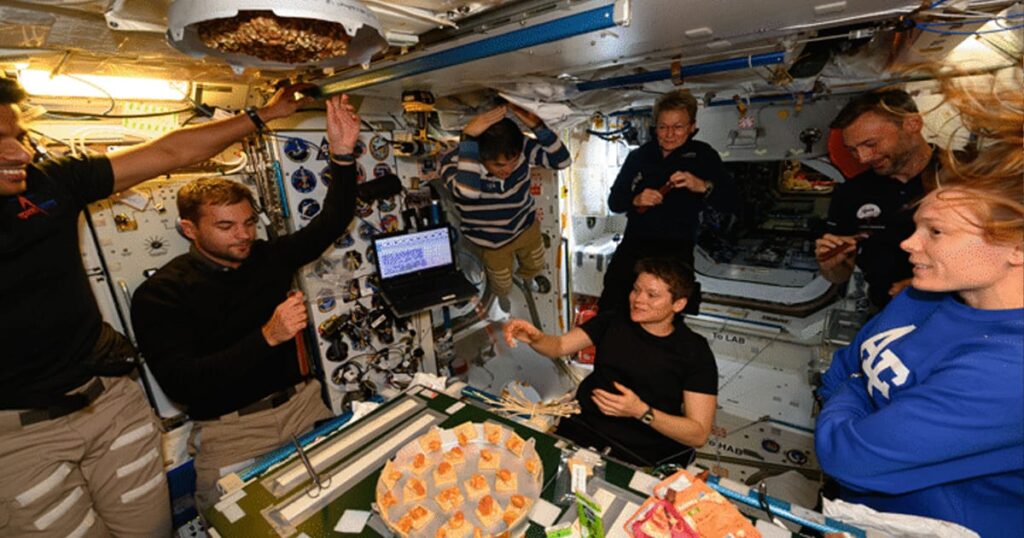
Group Captain Shubhanshu Shukla is poised to make a historic return to Earth on Tuesday, as he and his fellow Axiom-4 (Ax-4) crew members prepare for a splashdown in the Pacific Ocean off the coast of California. After completing an 18-day mission aboard the International Space Station (ISS), Shukla’s journey back will involve one of the most critical phases of spaceflight: atmospheric re-entry.
A Precisely Timed Return
The SpaceX Dragon spacecraft carrying the Ax-4 crew undocked from the ISS at 4:30 PM IST on Monday. This initiated a carefully orchestrated 22-hour journey back to Earth, involving multiple orbits to align the capsule for a precise deorbit burn. The success of the mission depends on this maneuver being executed at the right time and angle to ensure a safe descent and landing in the predetermined splashdown zone.
The Fiery Challenge of Re-Entry
Re-entering Earth’s atmosphere is considered the most hazardous phase of space travel. The Dragon capsule will descend at speeds over 27,000 km/h, creating immense friction that will heat its protective shield to temperatures as high as 1,600°C.
During this phase, the spacecraft will experience a temporary communications blackout caused by the formation of superheated plasma around the capsule, which interferes with signals between the crew and Mission Control. Once it clears the atmosphere, a series of parachutes will deploy to decelerate the capsule, enabling a controlled splashdown in the Pacific Ocean.
Dedicated recovery teams, comprising ships and helicopters, will be on standby to promptly extract the crew and transport them to medical facilities for immediate health assessments.
A Mission of Scientific Significance
While aboard the ISS, Shukla played a key role in over 60 scientific experiments spanning disciplines such as plant biology, materials science, and artificial intelligence. Notably, his contributions to the Sprouts Project—focused on studying plant growth in microgravity—are anticipated to benefit both future space missions and terrestrial agricultural research.
Shukla’s successful mission highlights India’s expanding role in global space exploration. As the world awaits the capsule’s return, the final descent serves as a reminder of both the immense risks and the extraordinary achievements involved in human spaceflight.
